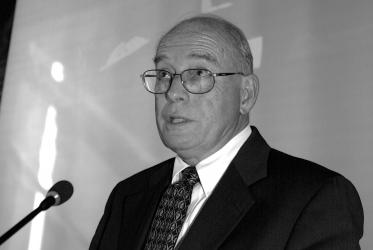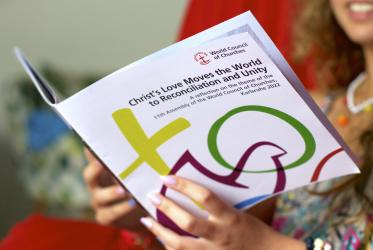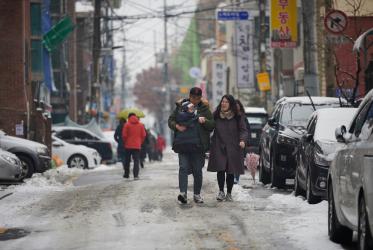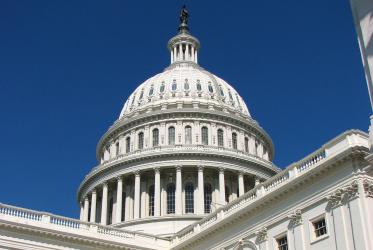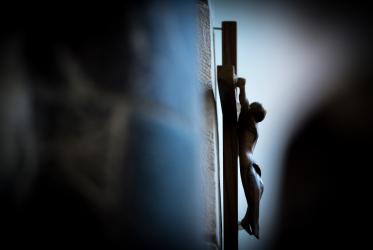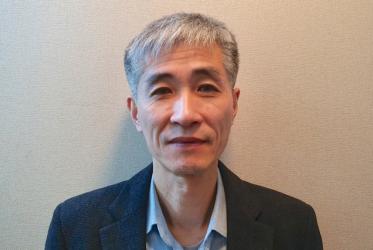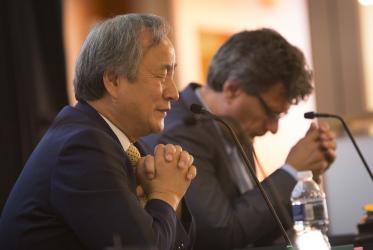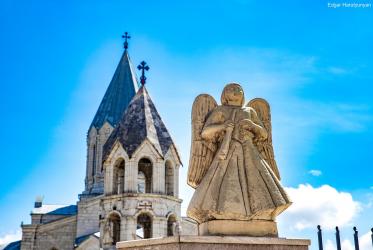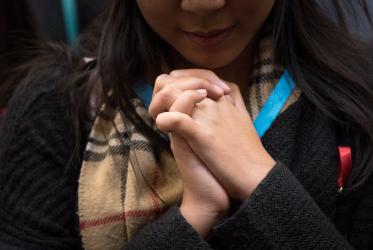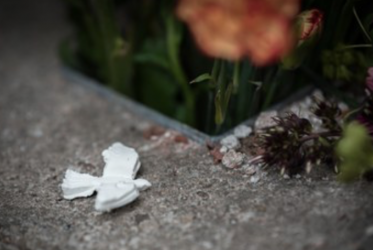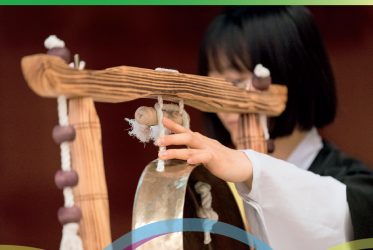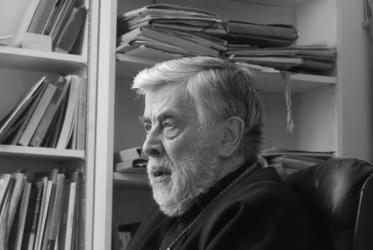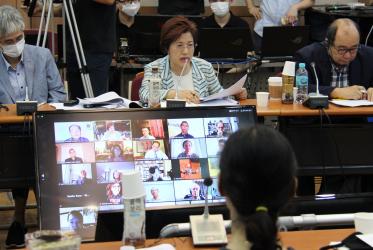Displaying 101 - 120 of 324
"Light of Peace" book now available in Korean
06 January 2021
Rev. Shin Seung-min: “We want to create hope, not despair”
22 December 2020
Bishop Hee-Soo Jung: “Prayer is a radical action”
11 December 2020
WCC condemns recent extremist attacks around the world
03 November 2020
People´s Korea Peace Agreement – Time to end the war
29 July 2020
